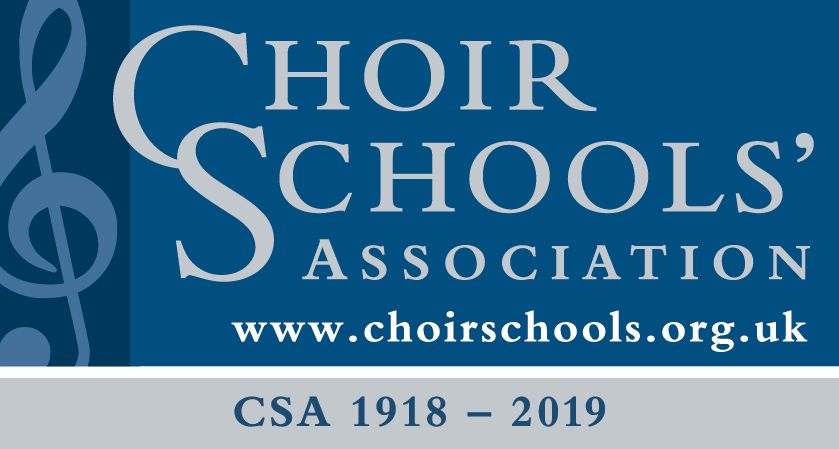English
Fourth Form (Years 7 and 8)
Up to GCSE all pupils are encouraged to write across all genres and to learn how to draft, edit, improve and present their work to the highest standard.
They develop a personal response to language and literature through reading and studying texts in depth, enhancing their understanding of the role of context in creative writing and gaining a sensitivity to the techniques employed by a wide range of authors and poets.
In most lessons, pupils are required to make an active contribution by participating in debate, drama, role-play or other forms of discussion and presentation. This creates a dynamic and stimulating atmosphere in the classroom, making learning a positive pleasure.
Fifth Form (Years 9, 10 and 11)
We adhere to the specifications of the Pearson | Edexcel IGCSE course. Pupils in years Middle 5 and Upper 5 follow courses in English Language and English Literature and receive two qualifications. Both courses are assessed via written coursework and public examination in the summer of Upper 5.
The English Language course is assessed through an examination paper in which pupils analyse and evaluate an unseen and a prepared non-fiction text besides producing their own argumentative or informative writing. A piece of creative writing and an essay comparing two poems are submitted as coursework.
As part of the English Literature course, pupils study a 20th century novel and a collection of poetry. These are assessed via public examination, where a response to an unseen poem is also offered. Pupils also write coursework essays on a twentieth century play and a play by Shakespeare. Coursework is submitted in Upper 5.
Sixth Form
We currently follow the CIE English Literature International A level syllabus.
We would usually expect those choosing English Literature to gain 7s or better in both English Language and English Literature at IGCSE.
The course is structured around four examination papers, each worth 25% of the qualification. These cover the following areas: drama and poetry; prose and an unseen extract; Shakespeare and drama; poetry and prose. All exams are taken at the end of U6.
Exam One - ‘Drama and Poetry’
The texts currently available for study for the ‘Drama and Poetry pre- 1900’ exam are currently as follows:
- One drama text: Edward Albee, Who’s Afraid of Virginia Woolf; Aphra Behn, The Rover; Inua Ellams, Barbershop Chronicles; William Shakespeare, The Tempest
- One poetry text: Zaffar Kunial, England’s Green; Sylvia Plath, Ariel; Christina Rossetti, Selected Poems; Songs of Ourselves, Vol. 2.
Exam Two - ‘Prose and Unseen'
The topics for the ‘Prose and Unseen’ exam are currently as follows:
- One prose text: Stories of Ourselves, Vol. 3; Evelyn Waugh, A Handful of Dust; Colson Whitehead, The Underground Railroad; Tara June Winch, The Yield
- An unseen text (from a choice of a drama, a poetry, or a prose extract).
Exam Three - ‘Shakespeare and Drama’
The topics for the ‘Shakespeare and Drama’ exam are currently as follows:
- One Shakespeare play: Henry IV, Part 1; The Taming of the Shrew
- One drama text: Lynn Nottage, Sweat; Wole Soyinka, Kongi’s Harvest; Timberlake Wertenbacker, Our Country’s Good.
Exam Four - ‘Pre- and Post-1900 Poetry and Prose’
The topics for the ‘Pre- and Post-1900 Poetry and Prose’ exam are currently as follows:
- One Pre-1900 text: Jane Austen, Mansfield Park; George Gordon, Lord Byron: Selected Poems; Geoffrey Chaucer, The Wife of Bath’s Prologue and Tale; George Eliot, Middlemarch; Thomas Hardy, Jude the Obscure; William Shakespeare, Selected Sonnets.
- One drama text: Lynn Nottage, Sweat; Wole Soyinka, Kongi’s Harvest; Timberlake Wertenbacker, Our Country’s Good. One Post-1900 text: Elizabeth Bishop, Selected Poems; J M Coetzee, Waiting for the Barbarians; Katherine Mansfield, Selected Stories; Gabriel Okara, Selected Poems; Richard Powers, The Overstory; Ocean Vuong, Night Sky with Exit Wounds.
Trips
Depending on timing and diary, the department takes pupils of all ages to curriculum enriching events such as: workshops, lectures, theatre productions and writing opportunities in the landscape.
FAQs
GCSE
IGCSE English Language and IGCSE English Literature are delivered within the same timetabled lessons but are certified independently, meaning that English is worth 2 IGCSEs.
A Level
The school offers English Literature at A level, and not English Language. Prospective A level pupils tend to ask this question to gauge the amount of creative writing on offer. Pupils can produce some creative writing as a part of their English Literature coursework folder. They can also attend Writers’ Bloc, an established and popular school club.






